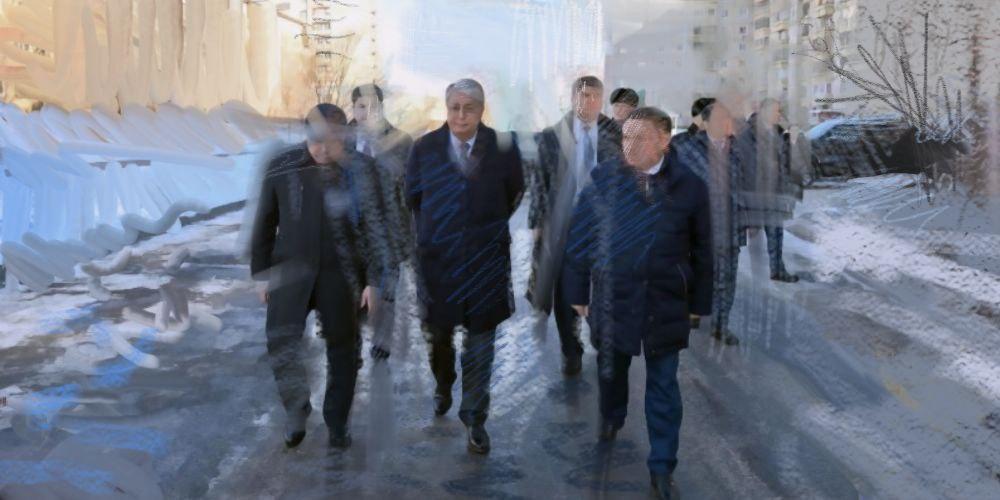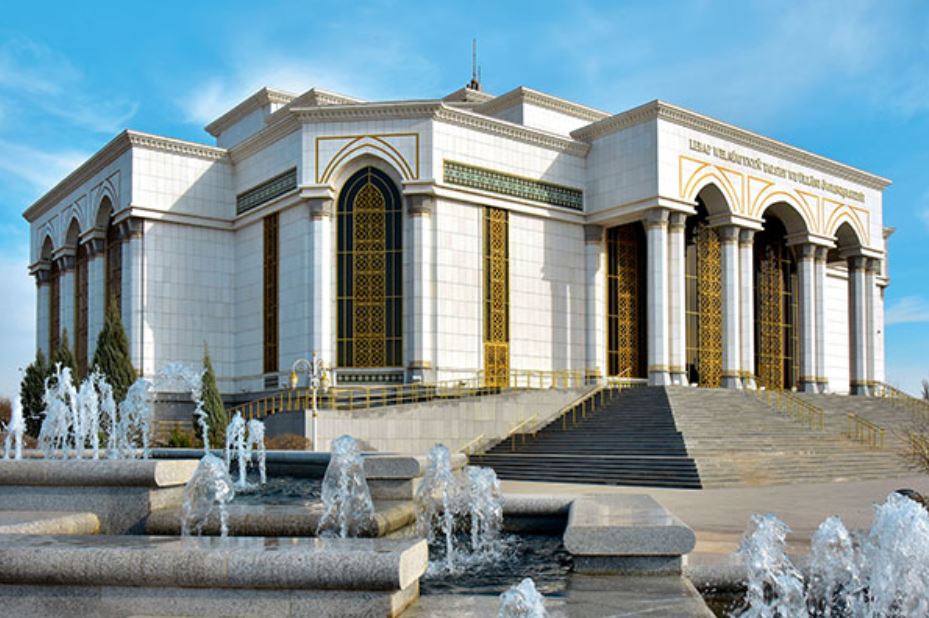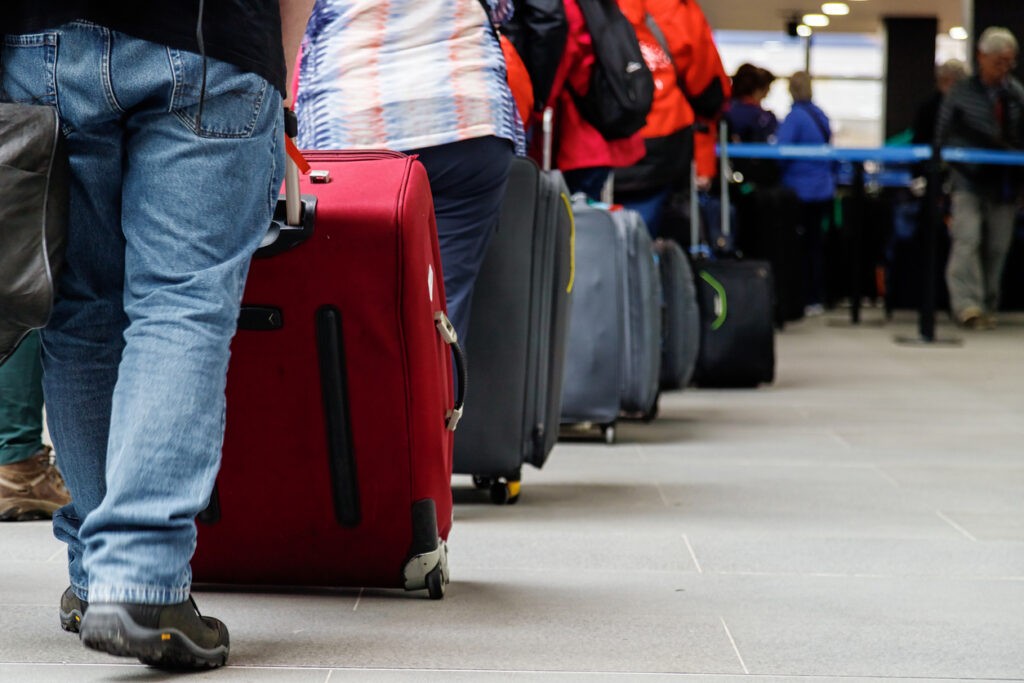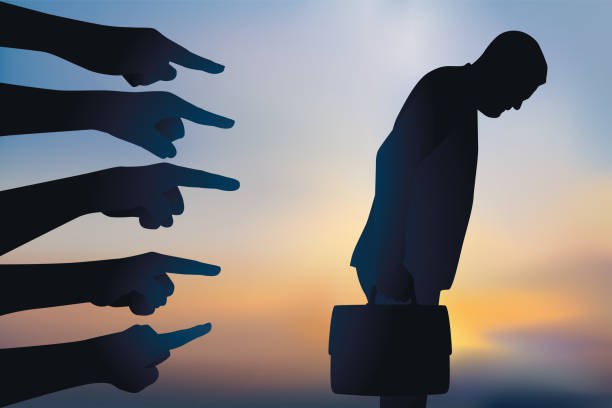Proposed Kazakh Foreign Agents Law Sparks Heated Debate
The potential adoption of a law on foreign agents has sparked heated discussions and even serious conflicts in Kazakhstan. However, some experts believe that labeling foreign agents will help the country's citizens understand whose interests certain sections of the media and bloggers are serving. Discussions about the possible adoption of a foreign agents law in Kazakhstan have been ongoing for several years. The sharp reduction in USAID activities worldwide, including in Kazakhstan, has given new momentum to the debate. A directive from U.S. President Donald Trump to shut down the United States Agency for International Development (USAID) brought shocking details to light. It was confirmed that over the years, USAID had spent millions of dollars funding various projects in Kazakhstan. Some of these projects, including those involving the Kazakh government, were related to energy, modernization, healthcare, and other progressive fields. However, a significant portion of the funds went toward media resources that promoted a specific point of view in Kazakhstan, often leading to conflicts, as extensively reported by The Times of Central Asia (TCA) in a series of articles. Following Trump’s directive, Mazhilis (Parliament) Deputy Magerram Magerramov accused USAID of lobbying for the LGBT community. According to him, Elon Musk and Trump had called USAID a criminal organization. The deputy claimed that foreign-funded non-governmental organizations (NGOs) were promoting an alien and harmful perspective in Kazakhstan. Sources indicate that the shutdown of USAID’s activities has already led to the closure or suspension of certain media outlets in Kazakhstan and Central Asia. For example, on February 17, Mediazona Central Asia announced it was temporarily ceasing operations. The issue of foreign funding for media and bloggers has caused an intense reaction in Kazakhstan’s information space. Amid the USAID shuttering, Mazhilis deputy from the People's Party of Kazakhstan, Irina Smirnova, proposed amending the legislation on foreign financing. Her proposal served to escalate tensions. On February 12, Smirnova submitted a parliamentary inquiry to Prime Minister Olzhas Bektenov. According to Smirnova, around 200 NGOs in Kazakhstan receive foreign funding, with 70% financed through various U.S. sources. Official government data shows that the country has 165 different grant donors, including 53 international organizations, 31 foreign government organizations, and 81 foreign and Kazakh NGOs. "Even experts find it difficult to distinguish between friendly resources and those that require caution to avoid falling under the influence of destructive 'soft' power," Smirnova stated, representing this a challenge for Kazakh society. According to Smirnova, many countries counter such challenges by adopting foreign agent laws. For example, Israel has had such a law since 2016, China since 2017, Australia since 2018, the UK since 2023, and France since 2024. One of the original models for such laws is the U.S. Foreign Agents Registration Act, enacted in 1938 to counter Nazi propaganda. Smirnova suggested that Kazakhstan should develop national legislation on foreign agents similar to Western countries so that citizens can evaluate and compare information while understanding its source. Her statement triggered a massive backlash, however, with the most extreme reaction coming from Arman Shuraev, a former...






